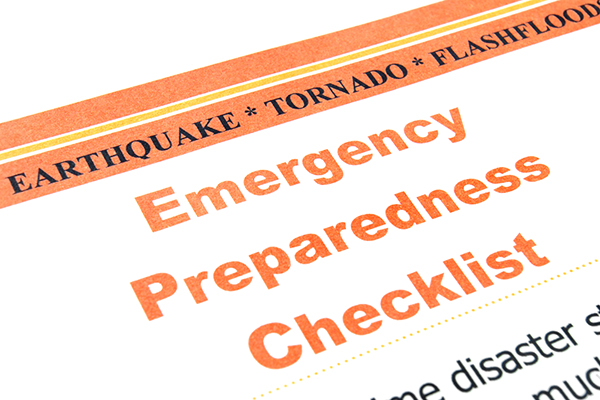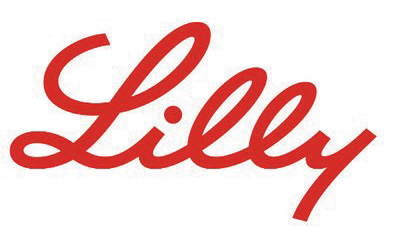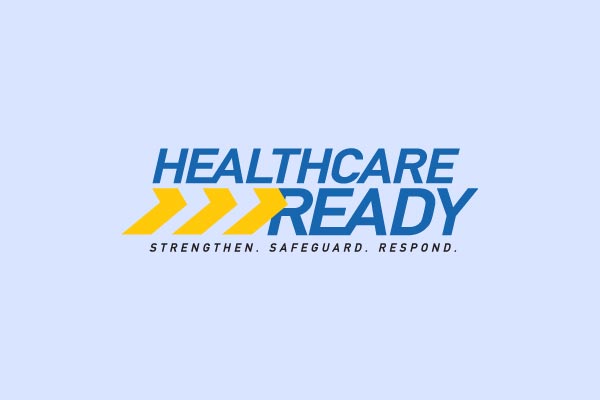Pandemic and Disease Outbreaks
Preparing for Pandemics and Disease Outbreaks
View Healthcare Ready’s blog on the refill-too-soon laws by state.
- Fill prescriptions on time or ahead of time, if you can
- Call your pharmacist to ask if your prescriptions can be filled early
Try to keep non-perishable food, water, and can openers on hand
- Go for canned meats, fruits and vegetables that are ready to eat, and can be used in a renal diet
- Protein bars, cereal and granola, and dried fruit are great snacks to have
Fully charge your electronic devices, and pack spare batteries and chargers
- To conserve battery: limit the use of unnecessary apps and switch your phone to low-power mode when fully charged
Keep a list of your local healthcare facilities, with addresses, phone numbers, and emails/websites
- Consider these facilities:
- Hospitals/ERs
- Pharmacies
- Urgent care clinics
- Ancillary care
- Dialysis Centers, Cancer Treatment Centers
Make sure you know your prescription medication and health information – use Rx on the Run to keep a list of your prescriptions
- Rx on the Run is a personalized wallet-sized card that lists your prescriptions with the latest dosage and instructions
- Visit HealthcareReady.org/Rx-on-the-Run to fill yours out!
Plan for any chronic conditions you may have
- Diabetes: Talk to your pharmacist about keeping a supply of insulin on hand – Try to refrain from eating sugar and other carbohydrates
- Kidney disease: Make sure you have access to dialysis treatment and use the renal diet
- Cardiovascular disease & hypertension: Try to refrain from high-salt and fatty food and aim for 30 minutes of activity a day to manage your blood pressure.
- Pulmonary disease: Work with your supplier to understand options for keeping resupplies of oxygen with you.
- Disability: Identify a trusted caretaker if necessary
- Aging: Post emergency numbers near every house phone and cellular phone
- Asthma: Have a plan to ensure you have a supply of your asthma medications and supplies.
- Cancer: If you have a cancer survivorship care plan, keep a copy handy and take steps to lower your risk for infections.
Keep a list of helpful hotlines
- Healthcare Ready: 1-866-247-2694
- FEMA Disaster Assistance Helpline: 1-800-621-3362
- Disaster Distress Helpline: 1-800-985-5990 (or text “TalkWithUS” to 66746)
- Kidney Community Emergency Response (KCER): 1-866-901-3773
- Red Cross: 1-800-733-2767
- American Diabetes Association: 1-800-342-2283
- American Heart Association: 1-800-242-8721
- American Association of People with Disabilities: 1-800-840-8844
- American Stroke Association: 1-888-478-7653
Protecting Your Health for Disease Outbreaks
- Wash your hands regularly with soap and water, or use hand sanitizing gel, and avoid touching your face, nose, and mouth
- Disinfect surfaces you touch regularly (like desks, doorknobs, and phones) as often as you can
- Avoid traveling to areas and regions where there is a concentration of cases
- Avoid interactions with those who are sick
- If you are sick and think you may have been exposed to the disease
- Call your doctor and let them know your symptoms
- Try to stay home and keep distance from others
- Work with your employer to determine their sick leave policy, which may be more generous during an outbreak
- Cover your hands and mouth when you sneeze and cough
- Only follow health advice from your healthcare providers and trusted public health sources like CDC.gov (and WHO.int during a global pandemic)
- Make sure your medications remain stable
- Some medicines must remain within a certain temperature range
- Tip: insulin can remain stable between 59°F and 86°F for up to 28 days1
- Use RxOpen.org to find open pharmacies near you
- Drink plenty of bottled water and avoid skipping meals or eating spoiled food
- Eat nutrient-rich, non-perishable foods such as fruits and vegetables
- Check with your health insurance provider for emergency support resources and hotlines
- Start by calling the number on the back of your insurance card for assistance
- If you don’t have insurance, call 2-1-1 and ask about local services that may be able to help
- If there is a disaster declaration, you can also try to apply for FEMA Disaster Assistance for financial support by calling 800-621-3362 or visiting DisasterAssistance.gov
Other Disaster Tip Sheets

Download our Pandemic and Disease Outbreak Tip Sheet here:
This Tip Sheet was created thanks to the generous support of Eli Lilly







